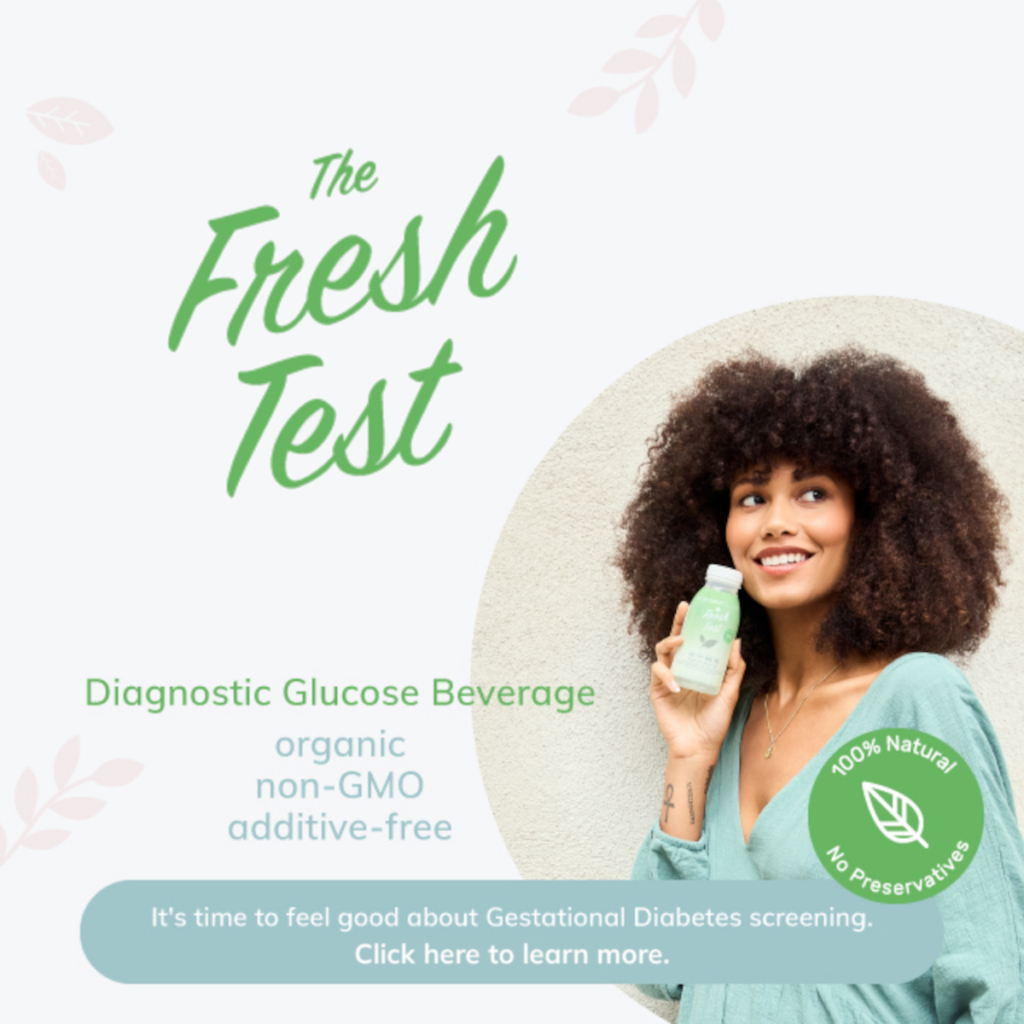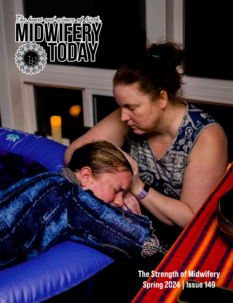 Penny Simkin, PT, is a physical therapist who has specialized in childbirth education since 1968. She estimates she has prepared over 14,000 women, couples and siblings for childbirth, and is a co-founder of DONA International. Today her practice consists of childbirth education, birth counseling, and writing, combined with a busy schedule of conferences and workshops. Penny and her husband, Peter, have four grown children, eight grandchildren, three grandchildren-in-law, and a pug named Lola.
Penny Simkin, PT, is a physical therapist who has specialized in childbirth education since 1968. She estimates she has prepared over 14,000 women, couples and siblings for childbirth, and is a co-founder of DONA International. Today her practice consists of childbirth education, birth counseling, and writing, combined with a busy schedule of conferences and workshops. Penny and her husband, Peter, have four grown children, eight grandchildren, three grandchildren-in-law, and a pug named Lola.
Through independent study and her work as a birth counselor, she has developed a counseling approach for pregnant survivors of sexual abuse. This work is described in the book, When Survivors Give Birth: Understanding and Healing the Effects of Early Sexual Abuse on the Childbearing Woman, which she co-authored with Phyllis Klaus. Today her practice consists of childbirth education, birth counseling, and labor support, combined with a busy schedule of conferences and workshops.
She co-founded Doulas of North America and The Pacific Association for Labor Support.
Penny’s latest publication is the third edition of The Birth Partner: The Complete Guide to Childbirth for Dads, Doulas, and All Other Labor Companions. Other recent products for birth educators and doulas include a client handout called “The Road Map of Labor,” a birth video titled The 3Rs: Relaxation, Rhythm, and Ritual, and a Birth Sling—an aid to the dangle position for second stage labor. Currently, she serves on several boards of consultants and editorial boards, including the journal, Birth: Issues in Perinatal Care; the International Childbirth Education Association; and the Seattle Midwifery School. Penny and her husband, Peter, have four grown children and eight grandchildren.
Penny has also written Labor Progress Handbook: Early Interventions to Prevent and Treat Dystocia, with Ruth Ancheta (2000), and Pregnancy, Childbirth and the Newborn, with Ann Keppler and Janet Whalley (2001).

Doula Penny Simkin discusses the positive impact that doulas have on birth outcomes. They provide a unique form of labor support that is different from that of other caregivers involved in the birth process–but complements the roles of others. Simkins describes why this is so. Read more…. What Do Doulas Really Do?

Monet Moutrie—monetnicole.com
We’ve also all heard expressions of exhaustion and relief from the mother and seen a temporary lack of interest in her baby. The exclamations might sound more like these: “It’s over! I can’t believe it’s over!” “Can I just lie here for a minute?” “I can’t hold the baby right now. You take it.” ”Please just leave me alone right now.” “I’m so glad it’s over.” “We’re never doing this again!” Sometimes it takes a while before the mother can turn her attention from the intensity of the birth to her baby. Read more…. First Hours after Birth: Family Integration and Mutual Regulation

Photo by Jenna Norman
One of the authors of the pathbreaking book, When Survivors Give Birth: Understanding and Healing the Effects of Early Sexual Abuse on Childbearing Women, describes many of the ways early abuse or trauma may negatively affect the survivors’ later experiences with childbearing and offers some tips for midwives for providing sensitive and effective care and support. Read more…. Early Trauma, Its Potential Impact on the Childbearing Woman, and the Role of the Midwife


 Penny Simkin, PT, is a physical therapist who has specialized in childbirth education since 1968. She estimates she has prepared over 14,000 women, couples and siblings for childbirth, and is a co-founder of DONA International. Today her practice consists of childbirth education, birth counseling, and writing, combined with a busy schedule of conferences and workshops. Penny and her husband, Peter, have four grown children, eight grandchildren, three grandchildren-in-law, and a pug named Lola.
Penny Simkin, PT, is a physical therapist who has specialized in childbirth education since 1968. She estimates she has prepared over 14,000 women, couples and siblings for childbirth, and is a co-founder of DONA International. Today her practice consists of childbirth education, birth counseling, and writing, combined with a busy schedule of conferences and workshops. Penny and her husband, Peter, have four grown children, eight grandchildren, three grandchildren-in-law, and a pug named Lola.
















